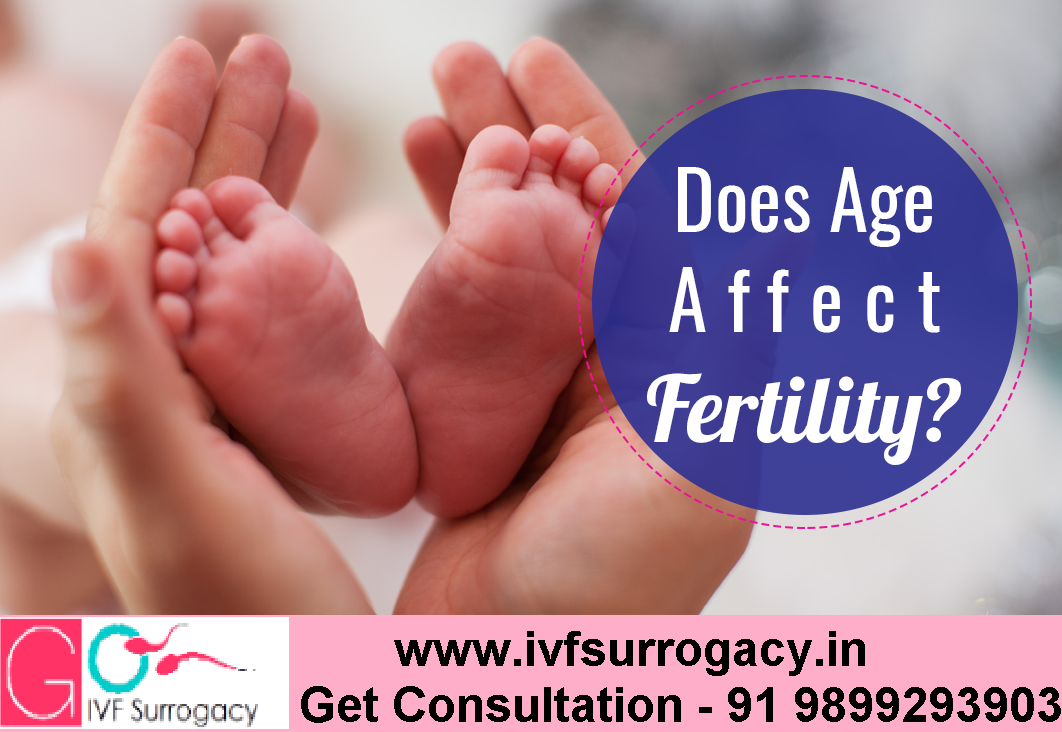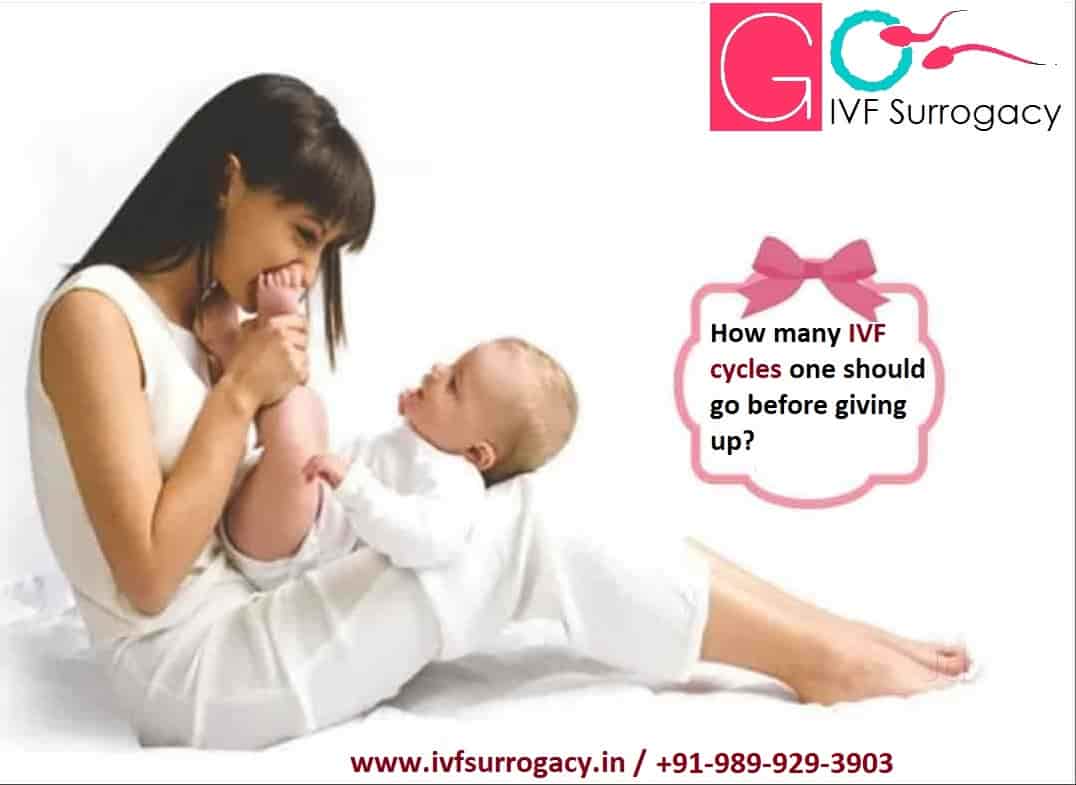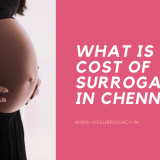Age and fertility
Fertility is the ability to achieve pregnancy by an individual and it is a known fact that such ability starts to decrease with the increase in the age of the individual. However, it is hard to tell when this happens as the exact age for reduced infertility differs from individual to individual. Sure there are some cases where the couples have conceived despite their old age but that happens rarely.
In some cases, the couples intentionally postpone pregnancy due to career reasons, not ready to take the responsibility of the child, or due to some unforeseen events that force them to conceive at a later age in life. Age is one of the most crucial factors impacting the fertility of an individual. In women, the ability to make healthy fertile eggs declines as she ages and on the other hand, men also face difficulty producing high motility sperms after a certain age. However, the rate of decline in fertility is greater in women as compared to men.
Generally, women over 35 and men over 40 deals with the problem of infertility and fails at achieving pregnancy despite multiple attempts of trying to do so. When in doubt your stage of fertility it is better to consult a fertility specialist as he can advise you the best as to the actions to take in order to have a child at an old age. He may recommend you undergoing methods of assisted reproduction where they employ a technique to effectuate fertilization without requiring the aid of a human body.
Age of the woman and egg-quality
When a woman is born she has all the eggs in her ovarian reserve that she will ever require in life. But with the increase in her age, she experiences diminished quantity and quality of the eggs as the years go by. The decreases quantity of eggs means the decrease in the chances of her attaining pregnancy. Therefore, there are fewer chances of pregnancy after you reach 30 and the chances become even fewer after the age of 45-50. But there is always hope as pregnancy does naturally happens in some cases and is possible for anyone if they undergo fertility treatments such as IUI, IVF, etc.
A woman is considered to be highly fertile before 30 and after the age of 30, her fertility begins to decline. The rate of decrease in fertility increases considerably after the age of 35 and when she reaches 40, the chances of her achieving pregnancy are cut-down to more than half.
Age of the man and sperm-quality
The age of the man also affects the fertility men above the age of 40 have less chances of making their partner pregnant as they become inefficient at making healthy sperms with the decrease in their age. A man produces millions of sperms each day but man over 40 produces less quantity of sperms due to many reasons. Both the quantity and motility of the sperms starts to reduce with the increase in the age of the man.
However, in some instances, it has happened that men with age 80 and 90 have become a father, but again, that is a rare case and there are certain things associated with the whole scenario that lead to the attainment of pregnancy.
Also, the average of the couple also matter when it comes to achieving pregnancy as most of the time there is a huge age gap between the couples. For instance, the risk of a miscarriage happening is greater in women (even if she is 25) trying to conceive with a male partner who is over the age of 40, due to the old age of the male partner.
What to do in order to conceive at an old age?
If you have been trying to conceive for a long time and do not see any hope of getting a child, then it is the time to get yourself checked by a fertility doctor. The potential reason behind such inability can be your old age, bad-quality eggs, low motility sperms, or any other specific reason that can only be identified after you visit a fertility clinic. Some of the infertility cases can be cured with fertility medicines, while the more severe cases demand the use of fertility treatment such as IUI, IVF, ICSI, IMSI, PICSI, Surrogacy, etc.
Go IVF Surrogacy is a widely recognized medical tourism company in India operating in collaboration with the best fertility specialists having significant experience in performing various fertility treatments. Our fertility specialist will effectively asses your fertility health in order to find out the cause behind your infertility and will perform the best course of fertility treatment accordingly. We are known to provide affordable fertility treatment in India with high chances of success in the same.



